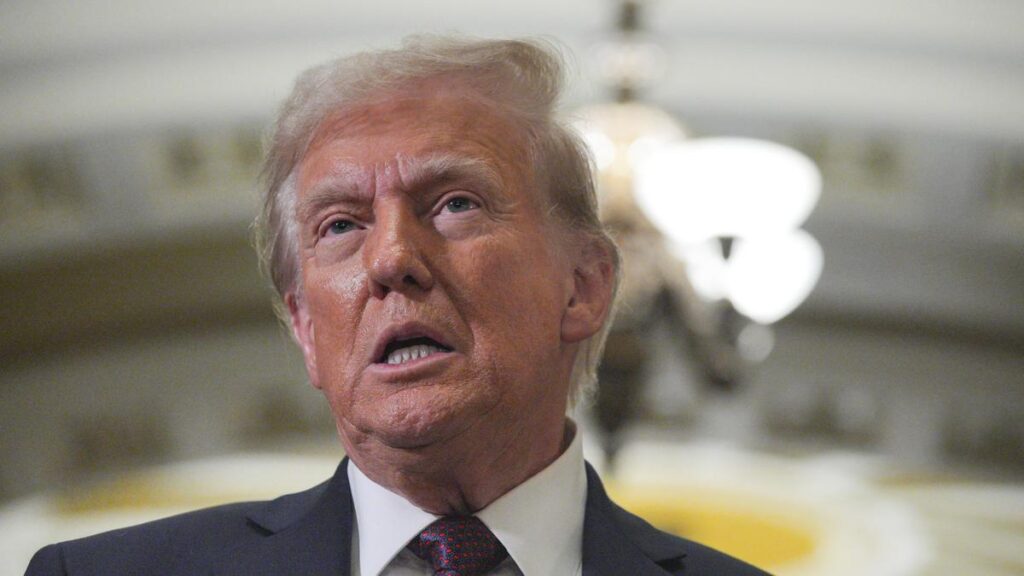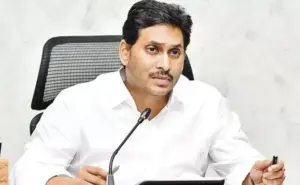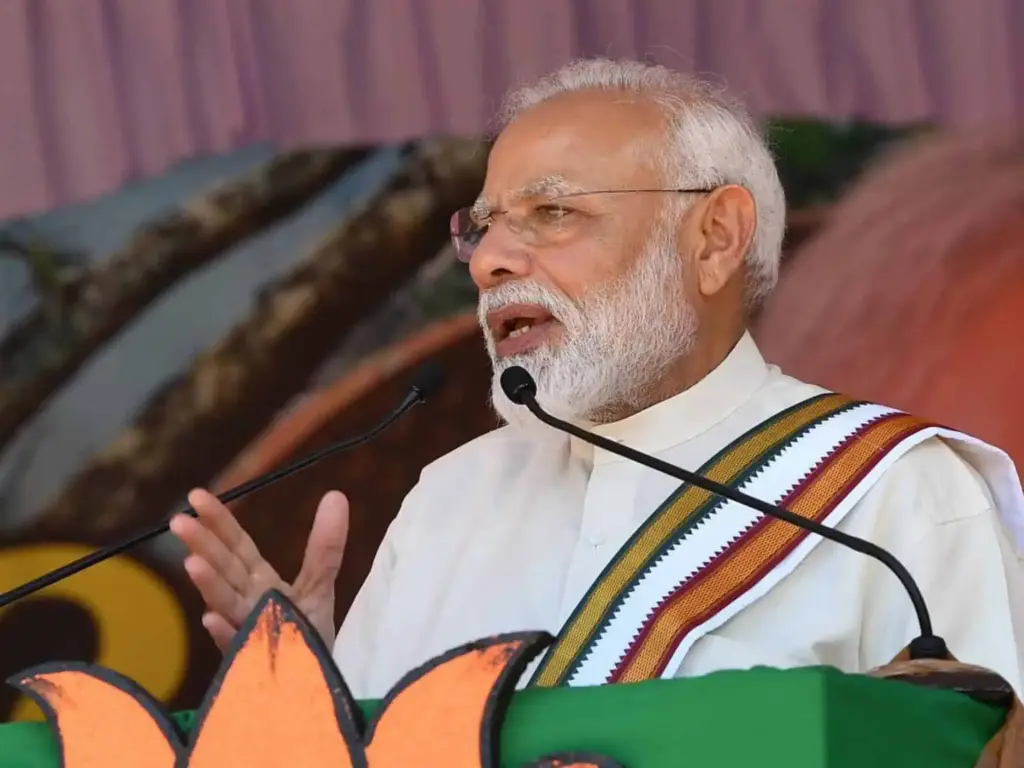
The defense ministers of Europe’s five largest military spenders, meeting in Warsaw on January 14, 2025, have expressed their commitment to continuing increases in defense investments. However, they cautioned that meeting President-elect Donald Trump’s challenge to raise spending to 5% of GDP is a complex task.
The ministers from Germany, France, Britain, Italy, and Poland, who met in this new format established after Trump’s re-election, discussed how to maintain support for Ukraine as U.S. policy shifts under his upcoming presidency. They also explored strategies to bolster Ukraine’s domestic weapons production.
German Defense Minister Boris Pistorius emphasized that they all advocate for a just peace in Ukraine, where Kyiv has a say in its future. There are concerns in Europe that Trump may push Ukraine into making unacceptable concessions to Russia.
The ministers also addressed the issue of military spending. Trump’s call for NATO allies to increase their defense budgets to 5% of GDP has raised concerns, as no NATO member has yet reached that threshold. Poland, the closest, is expected to spend over 4% this year.
Several ministers argued that focusing solely on percentages doesn’t capture the bigger picture. Pistorius stated that the static debate on percentages isn’t helpful if it doesn’t lead to meaningful implementation of NATO’s agreed goals. He also pointed out that for Germany to meet a 5% defense budget would require over 40% of its national budget, a scenario he believes would end the debate swiftly.
Italian Defense Minister Guido Crosetto noted that while more defense spending is necessary, it must be balanced with efforts to revive the economy. “Increasing defense spending amid an economic crisis is more complicated,” Crosetto remarked. However, he suggested that if European defense industries could be integrated into economic recovery plans, both objectives could be achieved.
French Defense Minister Sébastien Lecornu added that while defense budgets would increase, the focus shouldn’t solely be on military spending. Investments should also address emerging threats like cyberattacks and terrorism. He noted that the current security situation is more precarious than during the Cold War, largely due to the militarization of new domains, particularly the digital space.
Lecornu concluded, “We can be defeated without a traditional invasion, and that means national defense responsibilities must extend beyond military matters alone.”
Recent Random Post:
















